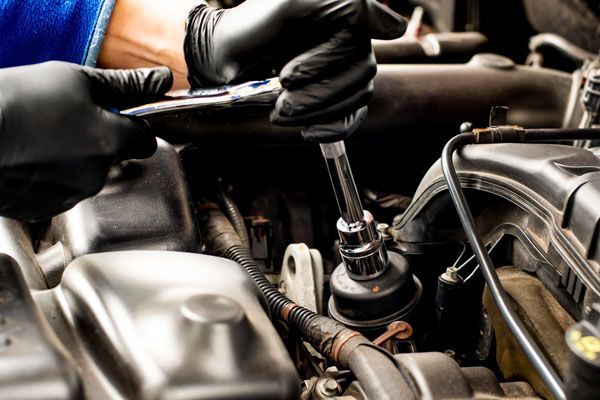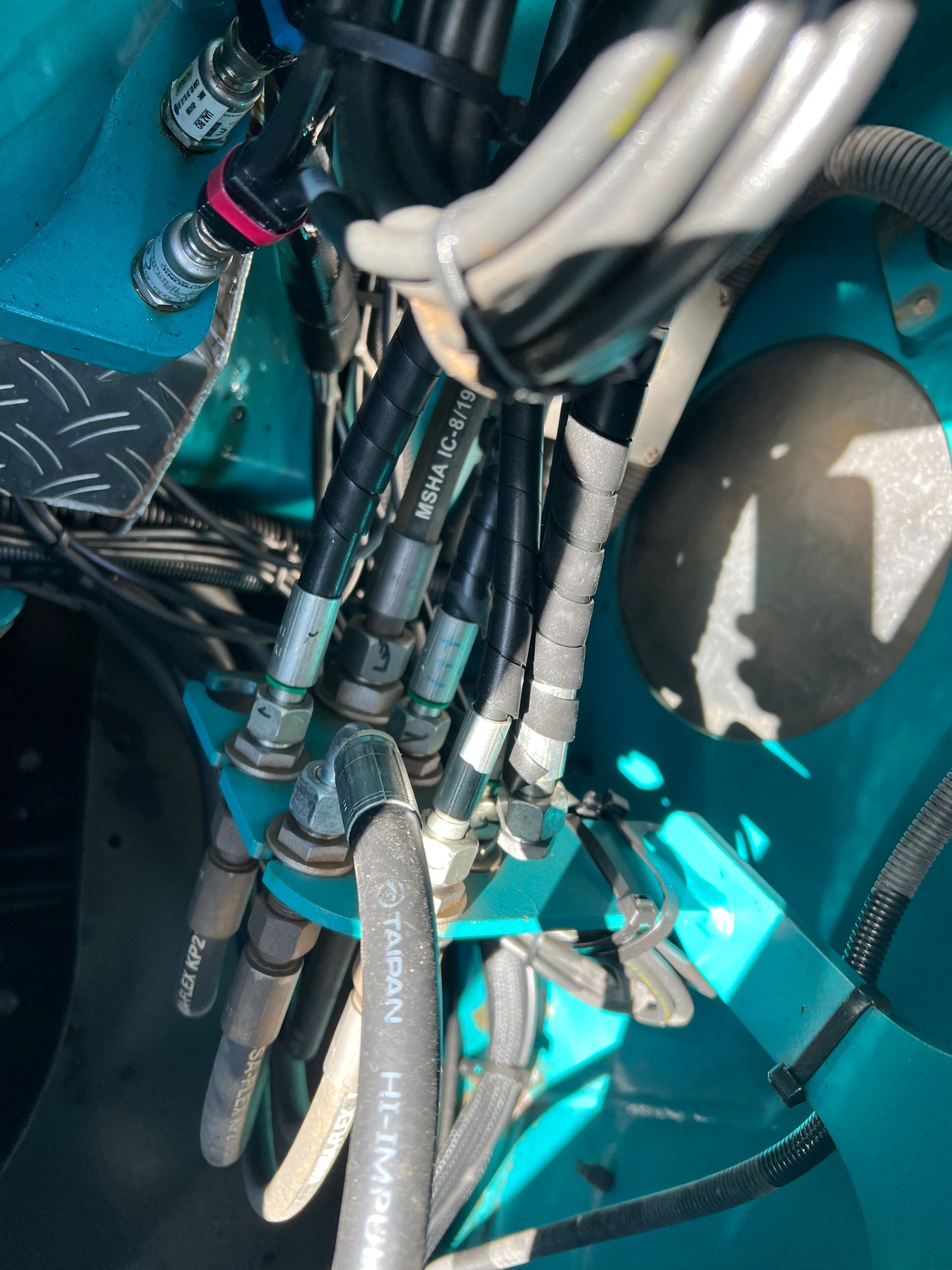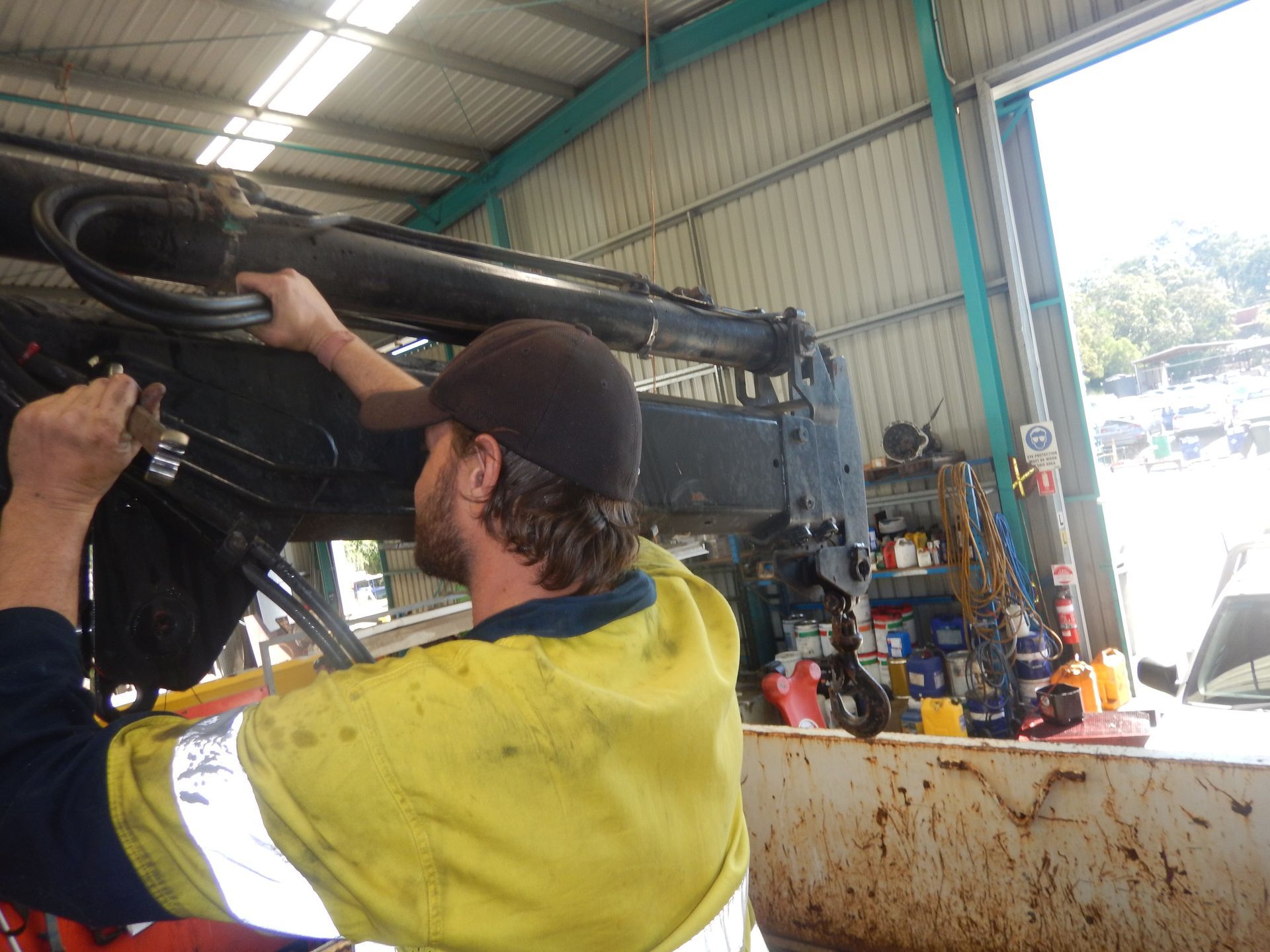Top considerations when hiring insulated work platforms
Insulated work platforms are essential when working near live electrical infrastructure, especially on utility projects involving overhead lines, substations, or poles. But not all platforms are fit for every job, and choosing the wrong one can compromise safety, delay operations, or leave you exposed to compliance risks. Whether you're organising access for a short maintenance task or a long-term project, there are several key checks to make before hiring. This guide outlines what to look for when selecting an insulated work platform that's safe, suitable, and fully certified.
Confirm voltage insulation ratings match the job
Not all insulated work platforms offer the same level of protection. Each unit is rated for a maximum working voltage, and it's critical that this rating matches, or exceeds, the conditions of your site. Using an under-rated platform near high-voltage infrastructure puts operators and nearby teams at serious risk. Before hiring, confirm whether the job involves low, high, or transmission-level voltage, and make sure the EWP has current dielectric test certificates proving its insulation capacity. A reputable hire provider will be able to supply this information without hesitation.
Understand the compliance and inspection history
Insulated EWPs must be maintained to a higher standard than standard access platforms, particularly because their safety relies on the integrity of the boom's insulation. Before signing off on a hire, ask for the platform's service history, including recent dielectric testing and inspection records. Platforms that haven't been properly tested may still function mechanically but could fail to protect against electrical risk. Hiring from a provider that sticks to strict inspection schedules is non-negotiable when safety is on the line.
Check suitability for terrain and access
Insulated platforms vary in more than just reach – they also differ in how well they handle certain work environments. If your site is located along a narrow roadside, a sloped shoulder, or a soft access track, you'll need a unit that can handle that terrain without compromising stability. Some platforms are mounted to road-rail vehicles, while others are better for hardstand or off-road sites. Be clear about site conditions when booking to ensure the selected platform can operate safely and legally within the space available.
Ensure operators are trained and ticketed
The best equipment still needs a competent operator. If you're wet hiring (with operator), confirm that the person onsite holds a valid high-risk licence and has experience operating insulated EWPs in live environments. For dry hire, check that your own crew is qualified and comfortable with the specific platform type. Beyond licence compliance, operators need to understand emergency lowering procedures, safe approach distances, grounding protocols, and the limits of insulation. Skipping this step puts both people and assets at risk.
Ask about platform reach and payload capacity
When working on utility infrastructure, you're often lifting more than just a person. Tools, components, and cabling can quickly add to the weight in the basket, especially during installation or fault repair. Make sure the platform you hire has enough outreach and working height to reach the job zone without overextending, and confirm the basket's rated load capacity. Overloading a boom, even slightly, can affect control, tip stability, and long-term wear on the machine. The right fit makes the job safer and more efficient.
Hire well-maintained insulated access platforms with LinCon Hire and Sales
Hiring the right insulated work platform can make or break a utility project. It's not just about height or price – it's about compliance, site safety, and choosing equipment that's fit for purpose. At LinCon Hire and Sales, we provide a fleet of certified insulated platforms backed by experienced operators and support staff who understand the environments you work in. If you're unsure which platform suits your site, our team can help you choose the safest and most efficient option. Get in contact with us and let's organise the best hire solution for you.



